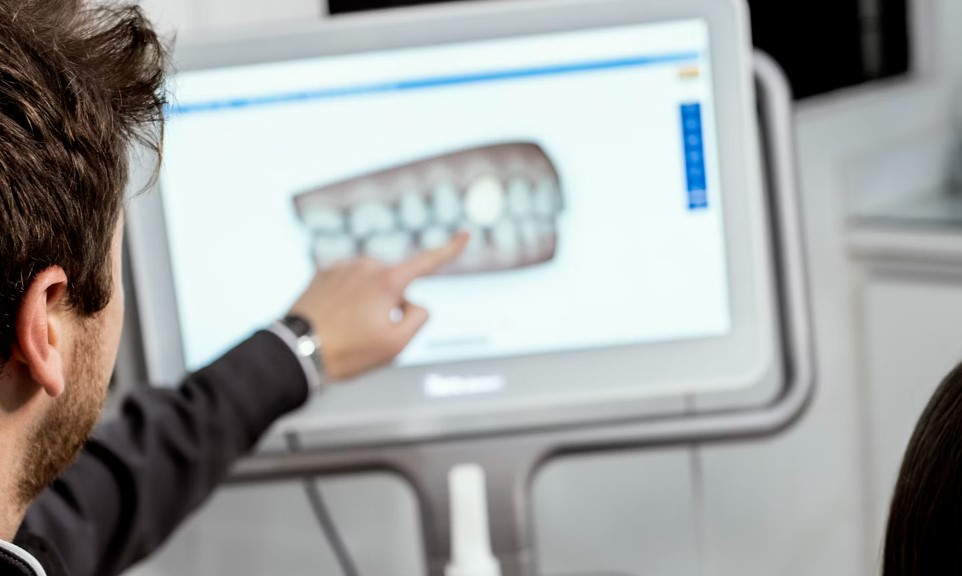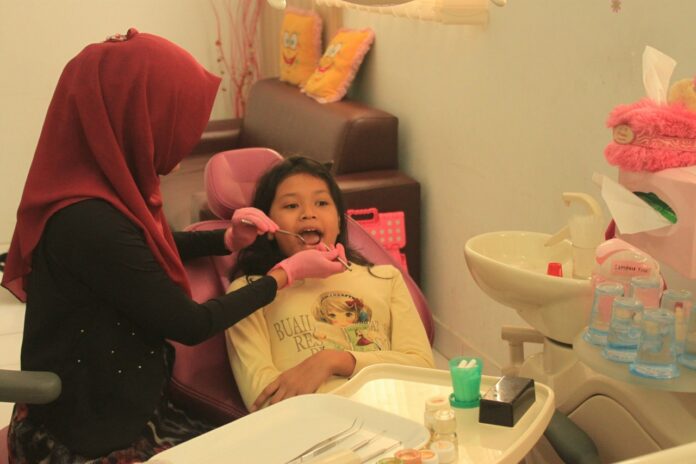You might think that dental health is all about having a bright smile and avoiding cavities, right? But what if I told you that your oral health is a window into your overall well-being? That’s right! Taking care of your teeth and gums goes beyond just looking good; it plays a crucial role in keeping your entire body healthy. Let’s dive into how dental health affects your overall health.
The Connection Between Dental Health and Overall Health
Understanding Oral-Systemic Health
Oral-systemic health is a fancy term that simply means the link between your oral health and the health of the rest of your body. Think of your mouth as the gateway to your body. Everything that happens in there can impact the rest of you. From the air you breathe to the food you eat, it all passes through your mouth, making it a critical point of entry for bacteria and other pathogens.
The Role of Bacteria in Oral Health
Good Bacteria vs. Bad Bacteria
Your mouth is home to billions of bacteria. Some of these are good, helping to digest food and keep harmful bacteria in check. But when the bad bacteria take over, they can cause infections and inflammation not only in your mouth but also throughout your body.
How Bacteria Travels
So, how do these tiny troublemakers get from your mouth to other parts of your body? It’s all about the bloodstream. When you have gum disease, for example, the gums can bleed, allowing bacteria to enter your bloodstream and travel to other areas. This can lead to a host of health problems beyond your mouth.
Common Dental Issues and Their Impact
Gum Disease and Heart Health
Let’s talk about gum disease, or periodontal disease, which is a major player in the oral-systemic health connection. When your gums are inflamed and infected, it’s not just your mouth that suffers. Studies have shown that people with gum disease are more likely to have heart disease. Why? It’s believed that the inflammation in the gums can trigger inflammation in other parts of the body, including the heart. Scary, right?
Tooth Decay and Respiratory Health
You might not think your teeth could affect your lungs, but they can. Tooth decay and gum disease can lead to bacteria-laden plaque, which can be inhaled into the lungs. This can cause respiratory infections, especially in people with existing conditions like chronic obstructive pulmonary disease (COPD).
Oral Cancer and Its Systemic Implications
Oral cancer isn’t just a local problem. It can have systemic effects if it spreads. Regular dental check-ups can help catch oral cancer early, improving the chances of successful treatment and preventing its spread to other parts of the body.

Dental Health and Chronic Conditions
Diabetes and Oral Health
The relationship between diabetes and oral health is a two-way street. High blood sugar levels can lead to more sugar in your saliva, which feeds harmful bacteria and leads to gum disease. Conversely, gum disease can make it harder to control blood sugar levels, creating a vicious cycle. Managing your oral health is crucial if you have diabetes.
The Link Between Oral Health and Pregnancy Complications
Did you know that poor oral health can affect pregnancy? Gum disease in pregnant women has been linked to premature births and low birth weight. It’s thought that the inflammation and infection can affect the developing baby. So, expectant mothers, keep those dental appointments!
Preventive Measures for Better Oral and Overall Health
Importance of Regular Dental Check-Ups
Regular dental visits are like regular oil changes for your car. They keep everything running smoothly and help catch problems before they become serious. Your dentist can spot early signs of gum disease, cavities, and even oral cancer. Plus, professional cleanings remove plaque that you can’t get rid of at home.
Daily Oral Hygiene Practices
Brushing Techniques
How you brush matters. Use a soft-bristled toothbrush and fluoride toothpaste. Brush at least twice a day, making sure to get all surfaces of your teeth and along the gum line. And don’t forget to replace your toothbrush every three months or sooner if the bristles are frayed.
The Role of Flossing
Flossing isn’t just an optional add-on. It’s essential for removing plaque and food particles from between your teeth and under the gumline where your toothbrush can’t reach. Daily flossing can prevent gum disease and tooth decay, keeping your mouth—and body—healthier.
Diet and Its Influence on Oral Health
Foods That Promote Healthy Teeth and Gums
What you eat has a big impact on your dental health. Crunchy fruits and vegetables like apples and carrots help clean your teeth as you eat them. Dairy products like cheese and yogurt are high in calcium, which strengthens your teeth. And don’t forget water—it helps wash away food particles and keeps your mouth hydrated.
Foods to Avoid
Sugary snacks and drinks are your teeth’s worst enemies. They feed the bad bacteria in your mouth, leading to plaque and tooth decay. Acidic foods and drinks, like citrus fruits and soda, can erode your enamel, making your teeth more susceptible to decay. Moderation is key.

The Psychological Aspect of Dental Health
The Impact of a Healthy Smile on Self-Esteem
Your smile is one of the first things people notice about you. A healthy, bright smile can boost your confidence and make you feel better about yourself. On the flip side, dental problems can make you self-conscious and less likely to smile, affecting your overall mood and interactions with others.
Stress and Oral Health
Stress can take a toll on your oral health too. It can lead to habits like teeth grinding or clenching, which can damage your teeth. Stress can also weaken your immune system, making you more susceptible to infections like gum disease. Finding ways to manage stress is important for your oral and overall health.
Conclusion
Your mouth is more than just a place to chew food. It’s a crucial part of your overall health. From heart disease to diabetes, pregnancy complications to respiratory issues, your oral health can impact many areas of your life. The good news is that taking care of your teeth and gums is something you have control over. Regular dental check-ups, good oral hygiene practices, a healthy diet, and stress management are all key to maintaining a healthy mouth and a healthy body. So, next time you brush and floss, remember: you’re doing more than just cleaning your teeth—you’re taking care of your whole self.
FAQs
1. How often should I visit the dentist?
It’s recommended to visit the dentist every six months for a check-up and cleaning. However, your dentist may suggest more frequent visits based on your individual needs.
2. Can poor oral health really affect my heart?
Yes, poor oral health, especially gum disease, has been linked to heart disease. The inflammation and bacteria in your mouth can contribute to heart problems.
3. What are the signs of gum disease?
Common signs include red, swollen, or bleeding gums, bad breath, and loose teeth. If you notice any of these symptoms, it’s important to see your dentist.
4. Is flossing really necessary if I brush my teeth twice a day?
Absolutely! Flossing removes plaque and food particles from between your teeth and under the gumline, areas that your toothbrush can’t reach.
5. How does smoking affect oral health?
Smoking can lead to a range of oral health problems, including gum disease, tooth decay, and oral cancer. It also stains your teeth and can cause bad breath. Quitting smoking greatly benefits your oral and overall health.


